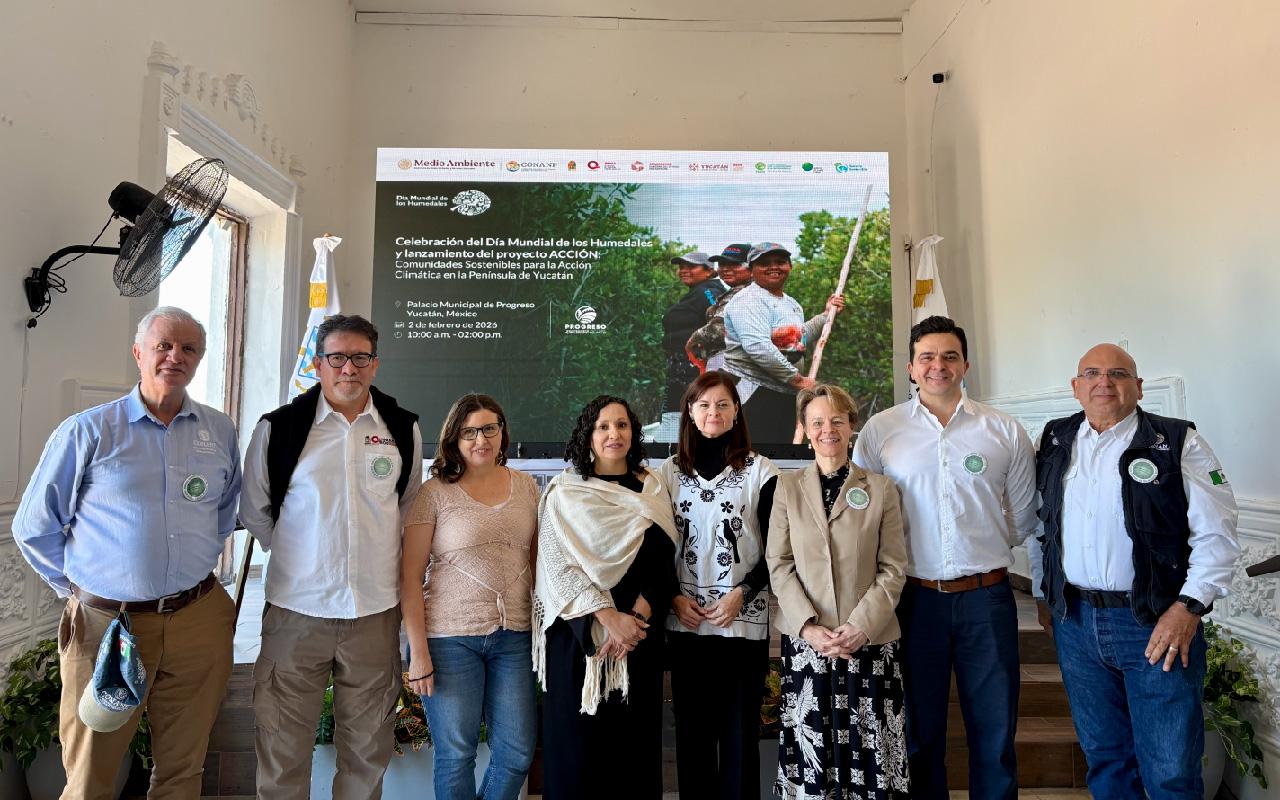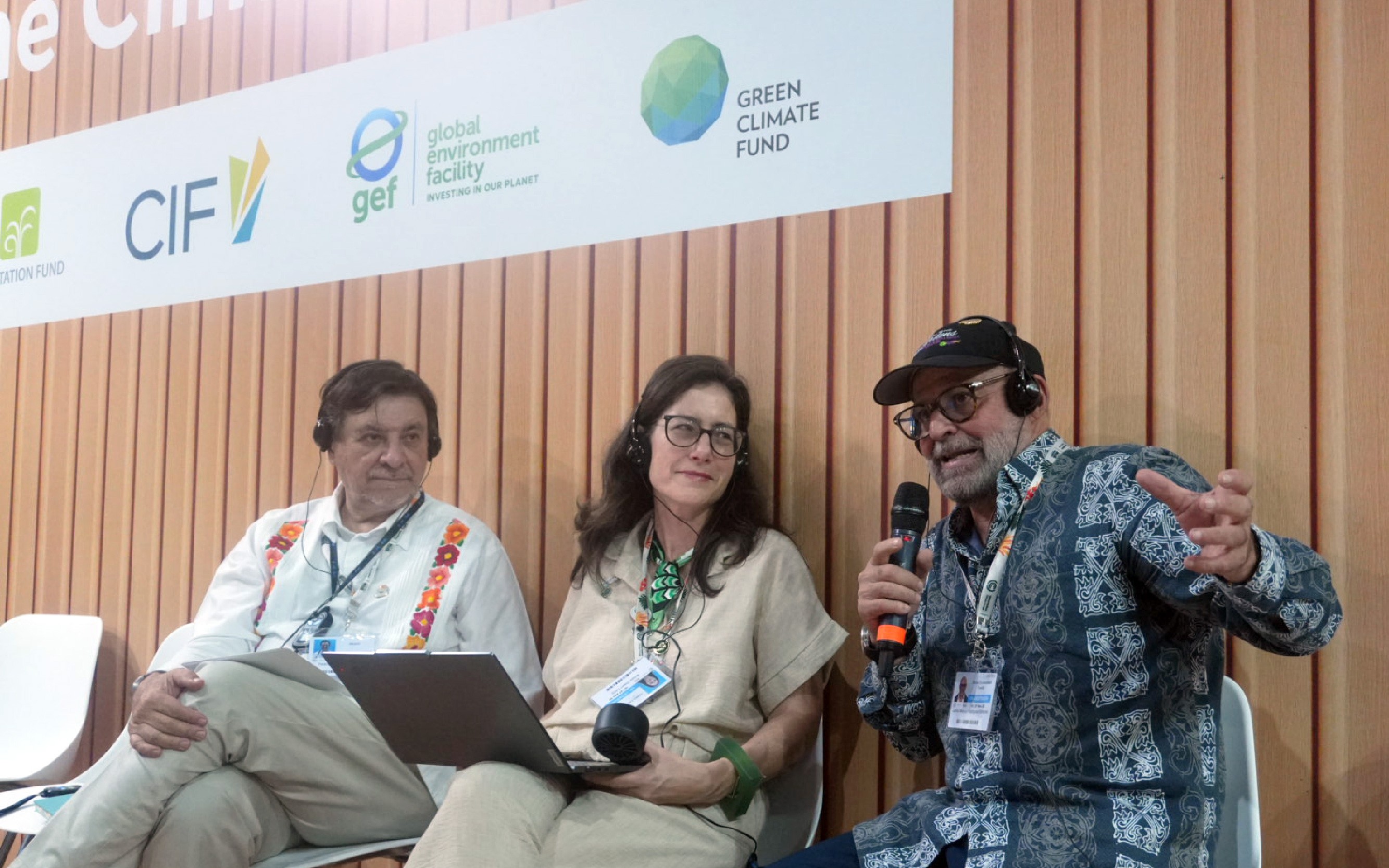Biodiversity

Conservation trust funds from around the globe commit to supporting the Leaders’ Pledge for Nature
San José, October 12, 2020.- Faced with the urgency to define more ambitious goals for biodiversity, conservation trust funds from more than 50 countries in Latin America, the Caribbean, Africa, Asia and the Mediterranean have signed a commitment to support the Leaders’ Pledge for Nature.
A recent report by The Nature Conservancy and the Paulson Institute highlighted the need to allocate at least $700 billion annually to reverse the decline in biodiversity by 2030.
To help close this significant financial gap, conservation trust funds have positioned themselves as key actors, due to their ability to mobilize resources, facilitate public-private partnerships and guarantee the sustainability and continuity of national conservation policies, all within a framework of financial and programmatic transparency.
Conservation trust funds have, over three decades, contributed to building financing mechanisms for the protection and effective management of biodiversity – linking global priorities with local investments. These funds have provided financial resources and technical support to narrow the existing gap between current funding and the resources needed for successful conservation and sustainable livelihoods.
The agreement, signed at the 2020 Virtual Congress on Sustainable Finance for Conservation, includes four specific actions for the conservation trust funds from across the globe:
- Support and maintain the ten goals of the Leaders’ Pledge for Nature
- Encourage leaders to adopt the goals, but also to develop financial plans to ensure they can be implemented.
- Urge leaders to channel emergency climate funds towards nature-based solutions.
- Urge multilaterals to channel their resources more efficiently and effectively.
“Conservation trust funds can be at the forefront of implementing global biodiversity and climate agreements, and have a key role in linking planetary health with the health of society. Today, they are ideal institutions to allocate resources where they are most needed for conservation, in support of new national and global goals to manage biodiversity and support sustainable livelihoods,” said Zdenka Piskulich, president of the Latin American and Caribbean Network of Environmental Funds (RedLAC).
"Conservation trust funds know what it takes to finance and safeguard nature. They are on the front lines, delivering results for nature and communities. Their call for an ambitious global agreement to address the crisis facing nature should be heard and supported by global leaders,” said Brian O'Donnell, director of Campaign for Nature.
Transformative commitment. The agreements reached at the Biodiversity Summit will lead to the construction of a more robust and transformative post-2020 framework, oriented to action. Along these lines, the signatories of the conservation trust fund pledge have partnered regionally and internationally to develop and share innovative solutions in finance conservation.
“Conservation trust funds have proven to be successful as their knowledge of ecosystems, local communities and the investor landscape manages to align global goals with local investment needs. The conservation priorities that will be defined from the Leaders for Nature Commitment will be enhanced as the world's conservation trust funds support government programs and the intentions of the private and investment sector to finance conservation with innovation and rigor,” said Karen Price, president of the African Consortium of Funds for the Environment (CAFÉ).
The 2020 Virtual Congress on Sustainable Finance for Conservation, the framework for the signing of this agreement to support the conservation goals, brought together more than a thousand people around the discussion of the role that conservation trust funds play in guaranteeing financial sustainability in order to meet global ecosystem protection challenges.
About the 2020 Virtual Congress on Sustainable Finance for Conservation:
RedLAC and CAFÉ are regional networks that bring together 43 conservation trust funds from 30 countries in Latin America, the Caribbean and Africa, as well as three regional funds. Its member funds are leaders in the development of permanent financing mechanisms that produce measurable impacts on conservation and sustainable development goals at the national, regional and global levels.
For eight years, the members of RedLAC and CAFÉ have developed collaborative relationships through the implementation of projects for innovation in conservation trust funds, to diversify sources of financing and to promote the transfer of knowledge and best practices through peer-to-peer learning and online tools. This alliance materializes in the Virtual Congress, an unprecedented activity in the area of finance for conservation, and designed to enable the generation of knowledge, the construction of connections and the exchange of experiences.
.


